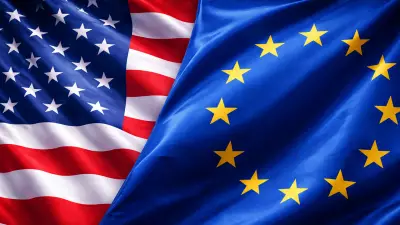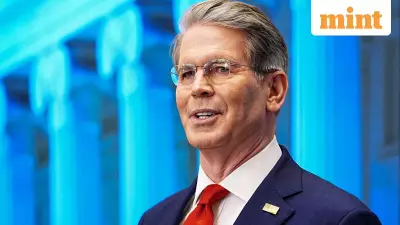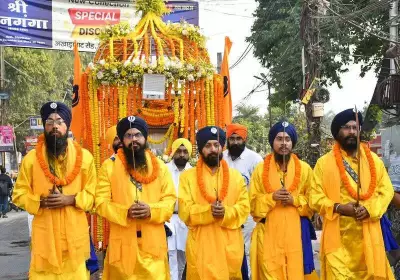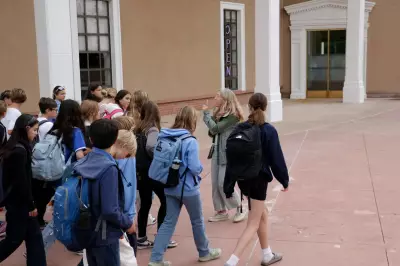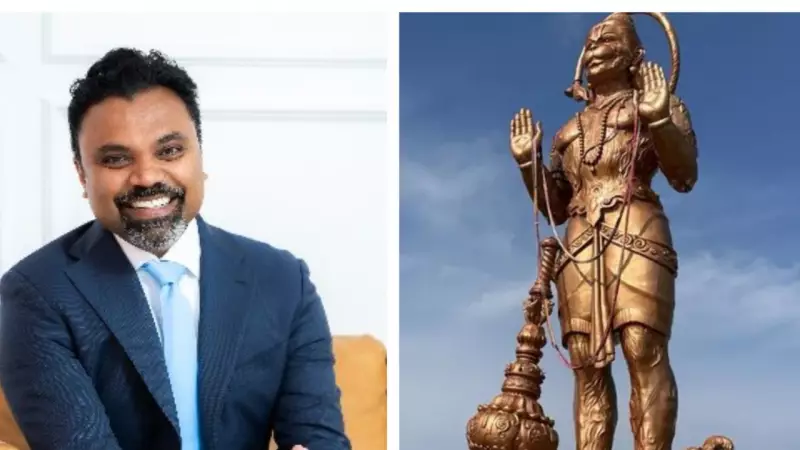
An Indian-American official in Texas has found himself at the center of a heated religious controversy after making bold statements about monotheism during a public meeting. The incident has sparked widespread debate about religious sensitivity and political correctness in American governance.
The Controversial Declaration
During a recent official proceeding, the India-born commissioner made a statement that immediately drew both support and criticism. "There is only one God," he declared, adding "I know it is not politically correct" in what appeared to be a deliberate challenge to contemporary norms of religious inclusivity.
Background of the Incident
The remarks came during discussions that involved religious elements, though the exact context remains contested. Critics argue the statement marginalized non-monotheistic faiths, particularly Hinduism with its diverse pantheon of deities. Supporters, however, see it as a courageous stand for religious conviction in public life.
Community Reaction and Fallout
The Hindu community in Texas and across the United States has expressed mixed reactions. Some community leaders have condemned the remarks as insensitive to religious diversity, while others have defended the official's right to personal religious expression.
Key points of contention include:
- The appropriateness of such declarations in official government settings
- The impact on religious minority communities
- The balance between personal faith and public responsibility
- The growing influence of Indian-American politicians in US politics
Broader Implications
This incident highlights the ongoing tension between religious expression and pluralism in American public life. As the United States becomes increasingly diverse, such controversies test the boundaries of what constitutes acceptable religious discourse in government proceedings.
The official's acknowledgment that his statement "is not politically correct" suggests he was aware of the potential controversy, yet chose to proceed regardless. This has led to discussions about whether political correctness stifles genuine religious expression or protects religious minorities from marginalization.
As the debate continues, the incident serves as a reminder of the complex intersection between religion, politics, and cultural identity in modern America's increasingly diverse political landscape.

